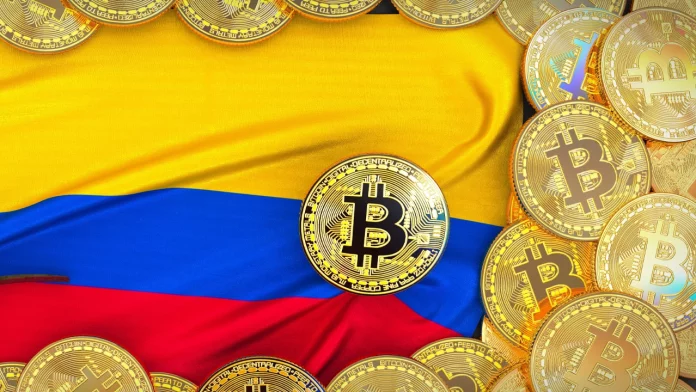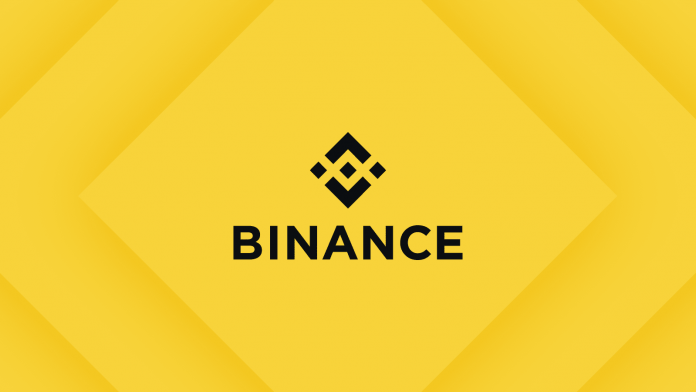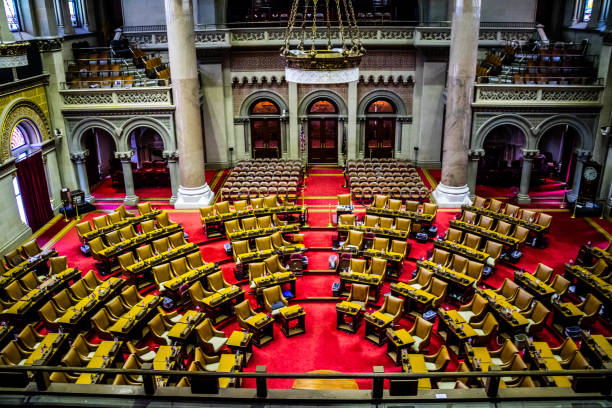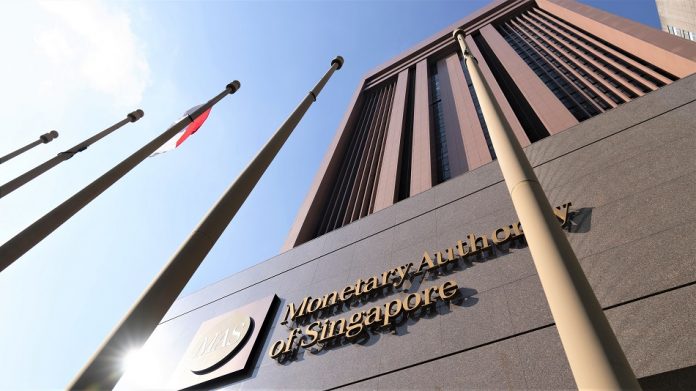Because South African authorities have already provided their Brazilian counterparts with the documentation required for extradition purposes, a Brazilian judge has ruled that the CEO of Mirror Trading International should remain in precautionary detention. Johann Steynberg’s attempt to have his precautionary detention lifted based on his Brazilian family was also rejected by the judge.
Johann Steynberg, the mastermind behind Mirror Trading International (MTI), one of South Africa’s biggest cryptocurrency scams, recently had his precautionary detention revoked by a Brazilian judge. According to reports, the MTI CEO argued in his application that because no formal extradition request had been made, the court should at the very least place him under house arrest.
Steynberg also claimed that there was no outstanding warrant for his arrest when he left South Africa in December 2020, and that the case itself failed to meet certain requirements that would allow extradition. Steynberg had also stated in the document released by the Brazilian judiciary that he had since started a family in Brazil, putting him under house arrest.
However, in his ruling, Brazilian supreme court judge Andre Mendonça rejected arguments brought forward by Steynberg. The judge revealed that South African authorities had in fact “presented documentation aimed at formalizing the extradition request [on April 14, 2022.]”
In addition, the judge noted that a warrant for Steynberg’s arrest was also “issued on 03/01/2022 by the Justice of South Africa, as evidenced by Interpol’s Red Diffusion documents.” A document reportedly sent by the South African Public Ministry suggested that the MTI CEO was being probed for his role in the bitcoin scam when he left the country.
As previously reported by Bitcoin.com News, before disappearing in late 2020, Steynberg had handed control of MTI funds to his wife Nerina. Yet by the time he was arrested by Brazilian law enforcement in December 2021, the former MTI mastermind was reportedly in a relationship with a Brazilian woman.
Addressing Steynberg’s attempt to use his intimate relationship with the unnamed woman as justification for blocking his extradition, Mendonça said:
The fact that the person being extradited has taken up residence in Brazil and constituted a family does not, in itself, prevent the precautionary arrest and the future extradition. As well noted by the Attorney General’s Office, the ‘rule in extraditions is the precautionary arrest, due to the respect reciprocal between jurisdictions.’ The person being extradited, it must be repeated, is with the imprisonment in your country of origin.
The judge added that the fact that Steynberg had fake identity documents at the time of his arrest means he likely has an “intention to evade possible criminal liability.” The judge’s ruling also hints that Steynberg might still violate the conditions of a house arrest should the court accede to his request for one.









